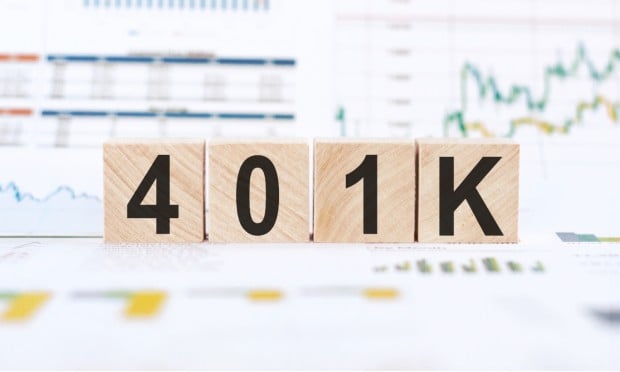 Supporters of the tax say it would staunch high frequency trading. Critics say it would also be levied on trading in qualified retirement accounts like 401(k)s and IRAs. (Photo: Shutterstock)
Supporters of the tax say it would staunch high frequency trading. Critics say it would also be levied on trading in qualified retirement accounts like 401(k)s and IRAs. (Photo: Shutterstock)
Recently introduced legislation that would tax most securities sales stands to create a significant new source of revenue for the federal government.
The Wall Street Tax Act of 2019, introduced this month in both chambers of Congress by progressive Democrats, would levy a 10 basis-point tax on traded stocks, bonds, and derivatives, with some exemptions for new issues and short-term debt. Proposals in previous congressional sessions would have created a 3 basis-point tax.
The bill has 19 sponsors in the House, but would likely be dead on arrival in the Republican-controlled Senate.
Continue Reading for Free
Register and gain access to:
- Breaking benefits news and analysis, on-site and via our newsletters and custom alerts
- Educational webcasts, white papers, and ebooks from industry thought leaders
- Critical converage of the property casualty insurance and financial advisory markets on our other ALM sites, PropertyCasualty360 and ThinkAdvisor
Already have an account? Sign In Now
© 2024 ALM Global, LLC, All Rights Reserved. Request academic re-use from www.copyright.com. All other uses, submit a request to [email protected]. For more information visit Asset & Logo Licensing.








